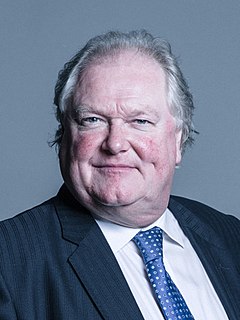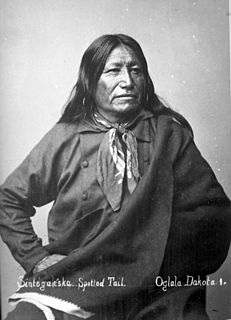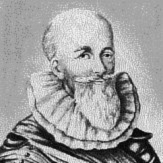A Quote by Steve Jobs
Not only was [Edwin Land] one of the great inventors of our time but, more important, he saw the intersection of art and science and business and built an organization to reflect that.
Related Quotes
You know, Dr. Edwin Land was a troublemaker. He dropped out of Harvard and founded Polaroid. Not only was he one of the great inventors of our time but, more important, he saw the intersection of art and science and business and built an organization to reflect that. Polaroid did that for some years, but eventually Dr. Land, one of those brilliant troublemakers, was asked to leave his own company - which is one of the dumbest things I've ever heard of.
Statistics is the most important science in the whole world: for upon it depends the practical application of every other science and of every art: the one science essential to all political and social administration, all education, all organization based on experience, for it only gives results of our experience.
But the idea of science and systematic knowledge is wanting to our whole instruction alike, and not only to that of our business class ... In nothing do England and the Continent at the present moment more strikingly differ than in the prominence which is now given to the idea of science there, and the neglect in which this idea still lies here; a neglect so great that we hardly even know the use of the word science in its strict sense, and only employ it in a secondary and incorrect sense.
During my span of life science has become a matter of public concern and the l'art pour l'art standpoint of my youth is now obsolete. Science has become an integral and most important part of our civilization, and scientific work means contributing to its development. Science in our technical age has social, economic, and political functions, and however remote one's own work is from technical application it is a link in the chain of actions and decisions which determine the fate of the human race. I realized this aspect of science in its full impact only after Hiroshima.
My parents didn't know much science; in fact, they didn't know science at all. But they could recognize a science book when they saw it, and they spent a lot of time at bookstores, combing the remainder tables for science books to buy for me. I had one of the biggest libraries of any kid in school, built on books that cost 50 cents or a dollar.
People forget that art is not just a piece of entertainment. It is the place where we collectively declare our values and then act on them. That's one of the most powerful things we have as a community: our culture and our art. And it's the intersection between life and how people deal with life. It's the most important thing we do.


































